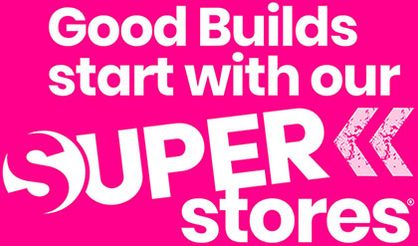As the high energy prices continue to affect engaged homeowners and construction industry professionals in the UK alike, everyone’s asking the same question:
How can we make the most of the existing government programmes – especially ongoing changes in VAT on energy saving materials – to benefit from up-and-coming energy efficient heating systems in the UK?
And is VAT zero on renewables?
To help clarify the rather convoluted information doing the rounds, at Plumbing Superstore we took a deep dive into the latest government legislation on the subject, with a particular focus on Energy-saving materials and heating equipment (VAT Notice 708/6) and related documents.
Here’s what we’re going to cover:
Table of contents:
- Will VAT expand scope for energy-saving materials relief from February 2024?
- Is there VAT on energy-saving materials and heating equipment?
- How zero-rate VAT on energy saving materials works
- Final thoughts
Will VAT expand scope for energy-saving materials relief from February 2024?
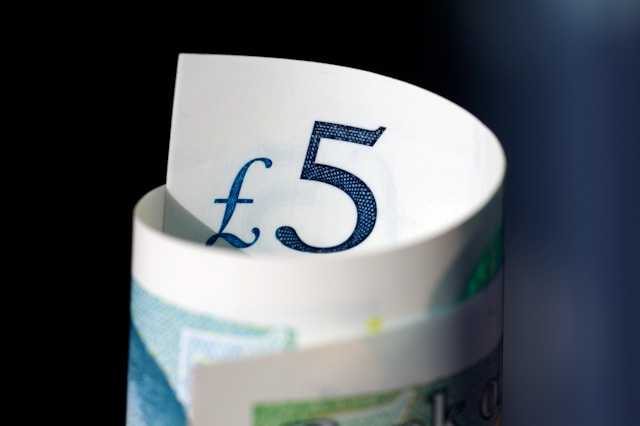
Passed by the House of Commons on 11 January 2024, the Value Added Tax (Installation of Energy-Saving Materials) Order, SI 2024/24, broadens the range of energy-saving materials (ESMs) eligible for favourable tax treatment.
From 1 February 2024 until March 31, 2027, installations of these materials will enjoy zero-rating, followed by a reduced rate of 5%.
Notably, the updated list now includes groundworks for ground-source and water-source heat pumps, certain battery installations, and ‘smart diverters’ redirecting surplus solar power to appliances within the building.
What’s more:
Installations of ESMs in buildings dedicated solely to charitable activities will revert to zero-rating or the reduced rate, a provision reinstated after being removed by the Finance Act 2013.
Is there VAT on energy-saving materials and heating equipment?
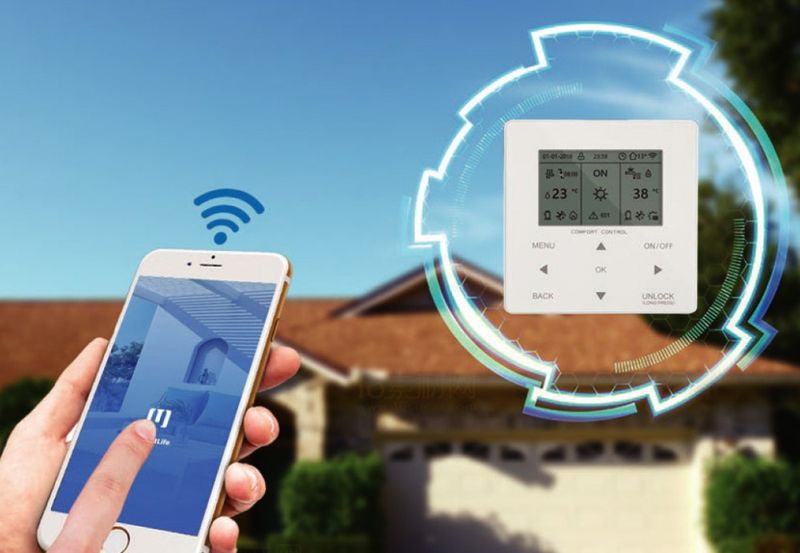
In a word – no!
As we mentioned, starting 1 February 2024, energy-saving materials are eligible for relief when installed in residential places or, newly added, buildings solely for charitable purposes.
Let’s take a closer look at the range of energy saving products specifically mentioned in the legislation on the current UK VAT rate that you can also find here at Plumbing Superstore.
Draught stripping
Draught stripping involves fixing strips around windows, interior and exterior doors and loft hatches to reduce draughts.
Central heating & hot water system controls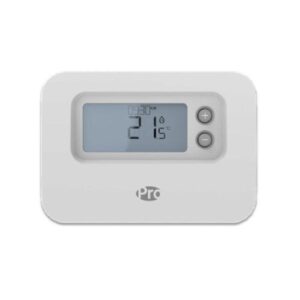
Central heating and hot water system controls encompass a range of items such as manual or electronic timers, thermostats and mechanical or electronic valves, including thermostatic radiator valves.
Insulation
Insulation refers to materials designed and installed for their insulating properties, including insulation for walls, floors, ceilings, roofs or lofts, as well as water tanks, pipes or plumbing fittings.
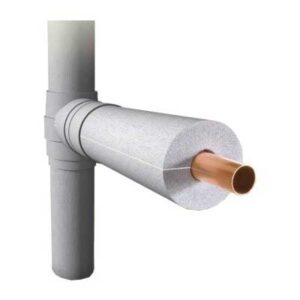
Bear in mind that the zero-rate VAT on insulation excludes products like curtains and carpets, which aren’t primarily installed for insulation.
Wind turbines
Wind turbines installed in residential accommodation from 1 May 2023 and in charitable buildings from 1 February 2024 until 31 March 2027 are zero-rated. This includes all necessary equipment for their operation, like mounting poles, electrical cables, battery banks and voltage controllers.
Water turbines
Water turbines installed in residential accommodation from 1 May 2023 to 31 March 2027, and in buildings for charitable purposes from 1 February 2024 to 31 March 2027, are also zero-rated. This covers all essential equipment for their operation.
Solar panels
Solar panels encompass various systems installed on or around buildings. The zero VAT on solar panels applies to solar collectors like evacuated tube or flat plate systems, photovoltaic (PV) panels with cabling, control panels and AC/DC inverters.
Air source heat pumps
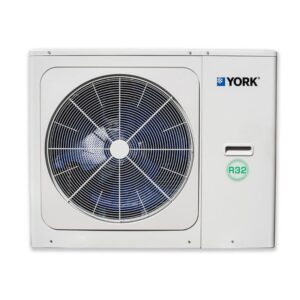
Air source heat pumps extract heat from the air and transfer it into usable heat for homes. Keep in mind that only fixed air source heat pumps, not portable or moveable ones, qualify as energy-saving materials.
To find out more about this popular solution and take advantage of the zero VAT on air source heat pumps, check out our Air source heat pump buyer’s guide.
Ground source heat pumps
Ground source heat pumps benefit from a zero rate of VAT, transferring energy from the earth’s natural heat to heat homes and water. From 1 February 2024 to 31 March 2027, zero-rate VAT on energy extends to preparatory work necessary for the installation of ground source heat pumps, such as groundworks or dredging water bodies.
To find out more about ground source heat pumps, check out our dedicated guide.
Water source heat pumps
Water source heat pumps transfer energy from bodies of water and can augment heating systems.
Micro combined heat and power units
Micro combined heat and power units generate heat, hot water and electricity.
Wood-fuelled boilers
Wood-fuelled boilers exclusively use wood, straw, or similar types of biomass as fuel. Stand-alone wood-burning stoves and boilers designed for multi-fuel are standard-rated.
Batteries for storing energy converted from electricity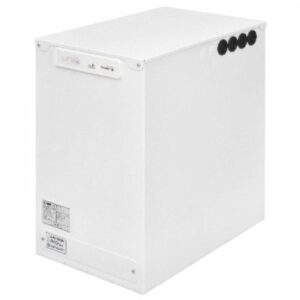
Batteries for storing electricity converted from microgeneration systems like Sunamp heating batteries, which are installed from 1 February 2024, qualify for a temporary zero rate.
Smart diverters
Smart diverters retrofitted to microgeneration systems also qualify for the temporary zero rate from 1 February 2024. These devices automatically divert generated electricity to appliances, including other microgeneration systems.
That’s quite a comprehensive list of solutions, so you’re guaranteed to find then right one for your specific needs.
And it gets better:
As of 1 February 2024, a temporary zero rate energy VAT applies to supplies of groundworks or dredging water bodies. These are done to install pipework or equipment needed for operating a ground or water source heat pump in residential places or charitable buildings.
Keep in mind that after 1 April 2027, the situation switches to a reduced VAT rate of 5% – which is why the time to invest and save is now!
How zero-rate VAT on energy saving materials works
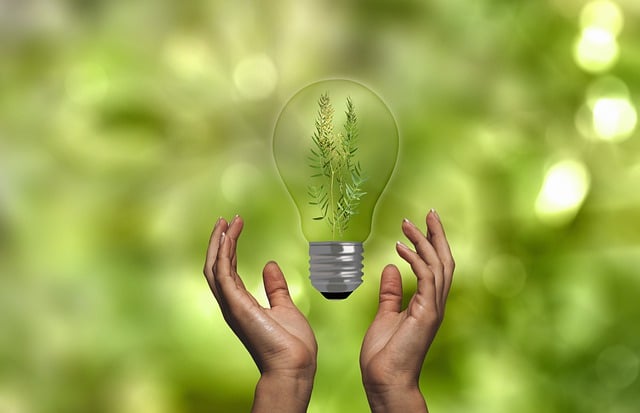
Between 1 October 2019 and 31 March 2022, the reduced 5% VAT rate applied to energy-efficient heating materials installed in residential places in England, Scotland and Wales. In Northern Ireland, it was in effect until 30 April 2023.
During these periods, meeting specific social policy conditions or not exceeding a 60% threshold was necessary for the UK VAT reduced rate.
Now:
As we mentioned earlier, the relief covers installing energy-saving materials in residential and charitable buildings. This includes both services provided for materials bought directly from retailers and for materials supplied and installed by the same person.
That being said, if you sell energy-saving materials without installing them, they’re subject to the standard VAT rate. For instance, retail sales of these materials are always standard-rated.
So, in case you were wondering ‘who qualifies for reduced VAT on electricity’, you now have your answer.
Installation here means permanently fixing energy-saving materials in place. While it typically involves a process of permanent fixation, installing loft insulation, for example, might just require unrolling and positioning it.
Final thoughts
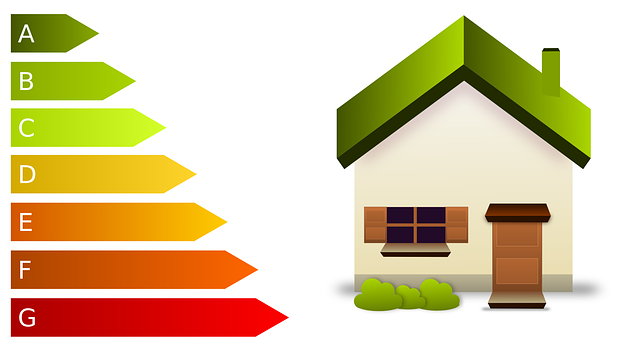
An engaged homeowner should seize the opportunity to invest in renewable energy saving heaters in the UK while the zero-rate VAT is in place until 31 March 2027.
Here’s why:
Firstly, by harnessing renewable energy, such as air source heat pumps, energy batteries and solar panels, homeowners can significantly reduce their reliance on traditional energy sources, cutting down on utility bills and potentially saving substantial amounts of money in the long term through energy efficient heating systems in the UK.
Secondly, investing in renewable energy aligns with environmental consciousness, as it helps reduce carbon emissions and mitigate the impacts of climate change, contributing to a greener and more sustainable future.
What’s more:
While the zero-rate VAT is in effect, the upfront cost of installing renewable energy systems becomes more affordable, offering homeowners a much-needed financial incentive to make the switch.
The bottom line is:
Taking advantage of the zero-rate VAT on energy saving materials not only benefits homeowners economically but also contributes positively to environmental preservation and sustainability efforts.
Don’t wait – invest and save today!










